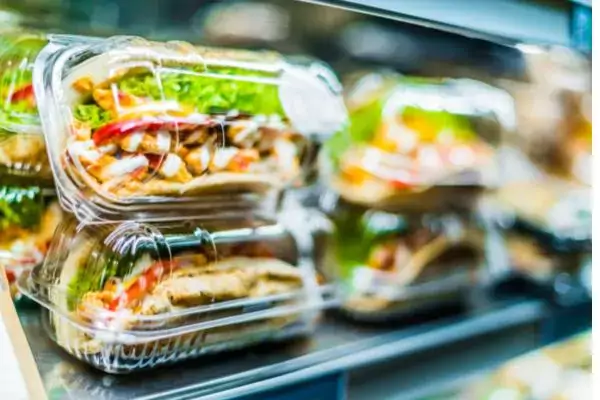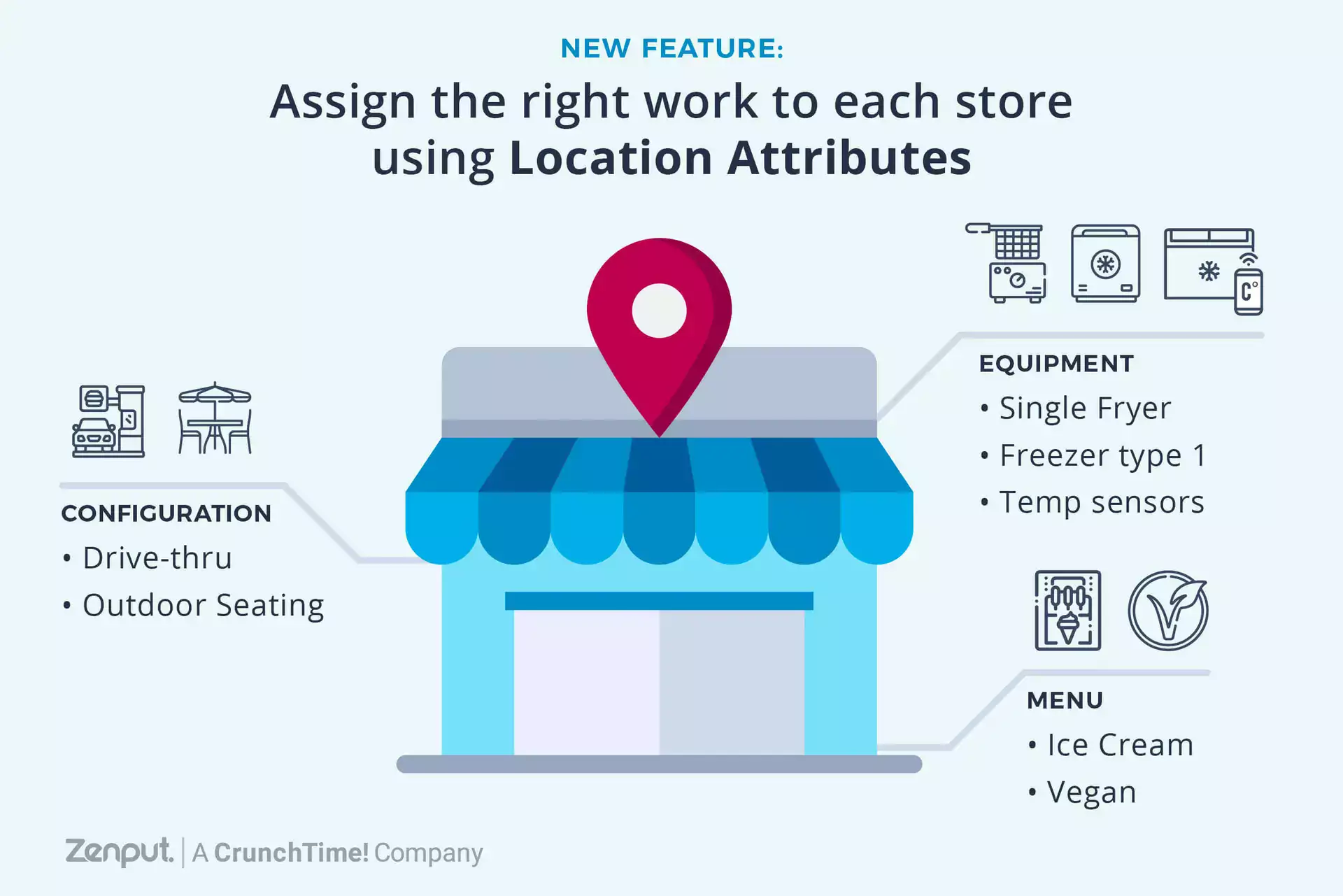This may sound shocking (intentional word play), but EV charging may actually be good for the convenience store industry.
You might remember a humorous line from the 1988 classic “Who Framed Roger Rabbit?” The villainous Judge Doom wants to destroy Toon Town in order to build a freeway – a brand-new concept for the 1940s, when the movie takes place. It’s so new, in fact, that the movie’s protagonist refers to it as the “lame-brained freeway idea.”
At the time, the proliferation of highways did seem like a far-fetched idea. That perception changed with the passage of the Federal-Aid Highway Act of 1956, which authorized $25 billion for the construction of 41,000 miles of the Interstate Highway System over a 10-year period. What followed in subsequent decades was the growth of fuel supply networks and the proliferation of convenience stores.
Nowadays, the proliferation of EV charging stations may have seemed like a far-fetched, “lame-brained” idea. But in 2015, there are clear signs – both in the automobile industry and c-store industry -- that the future has arrived.
Just last week, Europe’s largest auto manufacturer, Volkswagen, announced that it wants to add 12,000 EV charging stations at the company’s facilities across Germany. It’s a big statement from a major player in the automobile industry, especially considering the fact that there are only 4,800 publicly accessible Level 2 charging stations, and just 100 DC fast-charging stations across the entire country of Germany. It’s also proof EV charging is attracting global attention.
Meanwhile in America, the U.S. Department of Energy’s Alternative Fuels Data Center estimates that there are a total of 9,900 electric and 25,705 charging outlets in the U.S. With the network growing, more eyes are beginning to shift to the convenience store industry to see whether they will adopt the idea as well.
In March, Ricker’s Oil announced its partnership with Nissan to install nine Level 3 DC fast-charging stations at its Ricker's locations in central Indiana. The stations deliver a full charge in 30 minutes and are part of the Greenlots network of EV charging stations that participates in Nissan’s "No Charge to Charge" program. This program provides two years of free public charging to buyers of new Nissan LEAF EVs. It’s a great example of the automobile and convenience & fuel retailing industries working together.
Where Does That Leave a C-store’s Business Model?
While folks like “American Pickers” still dig around for vintage fuel signs and accessories, the days of America’s love affair with big oil companies are coming to end. It’s no longer “cool” to guzzle gas. Instead, it’s now cool to meet the sustainable, environmentally friendly interests of modern and increasingly educated customers.
Besides, selling gas has always been tough on margins. As Forbes points out, privately owned gas stations have some of the thinnest profit margins in retail. As a result, c-stores try to make up for thin gas margins by selling other products, including snacks and drinks.
The dawn of EV charging presents a great opportunity for c-stores to expand their services and provide a sit-down, quick-service or fast-casual dining experience. Or, perhaps they can simply offer fresher grab-and-go options.
What does the future of the c-store look like? While no one knows with absolute certainty, perhaps a Millennial consumer is charging their car while enjoying a fresh salad and neatly packaged sandwich in an outdoor seating area. It’s not utopian; it’s where the industry is headed.
Subscribe to our blog
You are now subscribed!


